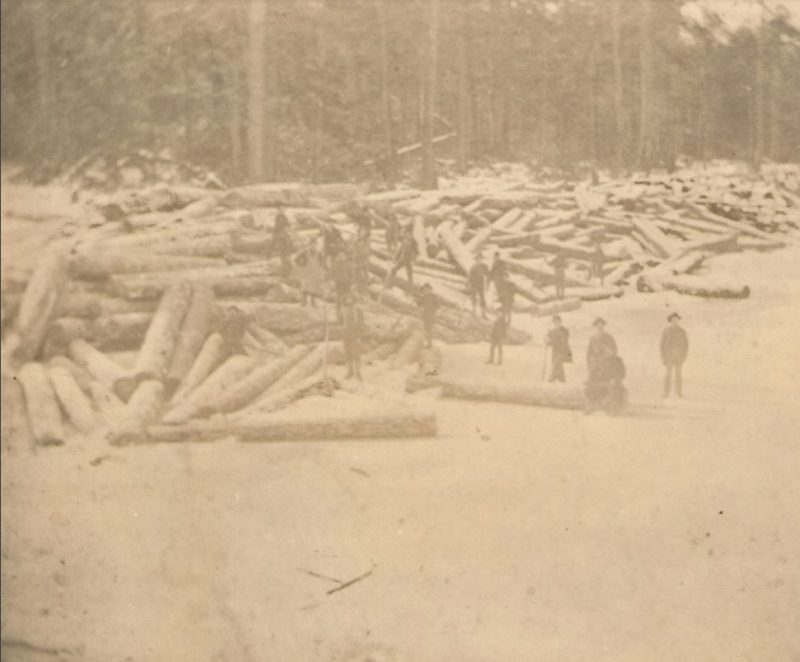Have you ever heard the word “hick” used as a description for a backwoods person?
Did you ever wonder where and how the saying, “A hick from the sticks” came about?
Back in the lumbering and rafting days, a hick was referred to a person that went out in the woods and found work timbering.
Here is an article that was written in The Clearfield Progress on May 12, 1919.
Copious rains such as we had Saturday with promise of a flood in the river bring back many interesting and pleasant memories to older citizens of this region.
The writer was making a small purchase with that old familiar phrase: “I’ll pay you after rafting.”
Some of those within hearing smiled, others did not understand the significance of the remark, but it had its effect of opening up some remarkable stories from the “Old Hicks” of early lumbering days on the Susquehanna and its tributaries.
And what a wonderfully interesting and picturesque business it was too. What fine opportunities for good stories were lost?
It’s a shame that some writer didn’t appear amongst us with a grasp of its possibilities so that our children might know something of its history.
There was a zip and a zest and hip hurrah and withal a fine spirit of camaraderie about it that made long and lasting friendships and produced great faith in men.
I have frequently seen men come into town after tying up their rafts at Locust Landing, the Lick or down in Shaw’s Dam, expecting to meet the owner here to get expense money or supplies.
But the owner may have been forced to leave in advance or was stuck some place with another raft. The pilot would then go to almost any storekeeper or hotelkeeper and make a statement of his situation and the needed supplies or money was forthcoming without hesitancy to get the lumber onto market although the pilot may have been an entire stranger or without personal credit.
But it had become a custom and there was such a community of interest prevailing the whole business that all recognized and made the advances in good faith and a matter of honor.
It was usually custom to give a due bill for this amount but quite frequently there was nothing but the verbal promise to “pay after rafting.”
The months of March, April and May during the 30 years from 1860-1890 were always busy months for able bodied men without employment or at least engagement.
There were sometimes days of waiting for proper weather conditions. Few men who were physically fit to engage in rafting or log drive that lived of this region during that period could be found who had not served in one or the other branches of that army.
Indeed, it was considered almost a disgrace to acknowledge non service. Not to have made at least a trip or two down the river put a man in the molly-cuddle class.
Professional men locked their offices and went rafting. Carpenters and mechanics of all kinds quit their jobs and made their customers wait until after rafting.
I remember hearing a story of a farmer leaving his horse at Shunkweiler’s Black Smith Shop to be shod. The smith had put two shoes on when he heard the call that another hand on a raft was needed. He left without completing the job saying “I’ll finish her when I come back from the foot of the falls.”
Everybody was so greatly interested. Almost all business was contracted on yearly settlements. All groceries paid were based on the rafting season.
Therefore, the phrase: “I’ll pay you after rafting” became very common but is now obsolete, and won’t get you many liberty bonds or flour and bacon.
Written by “A Hick.”
